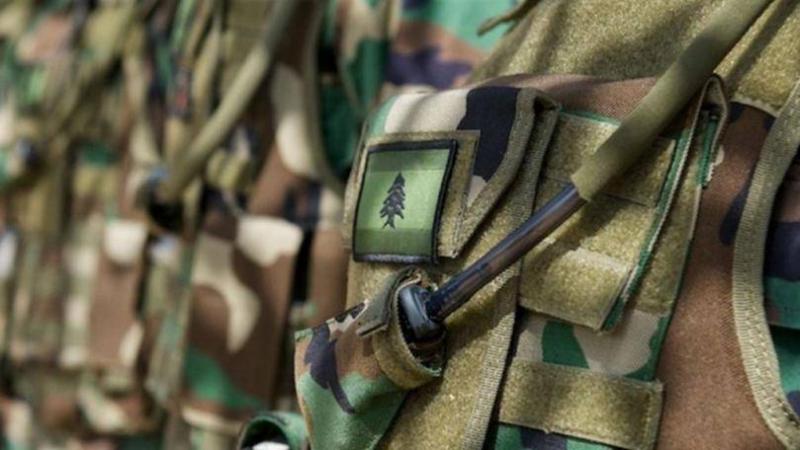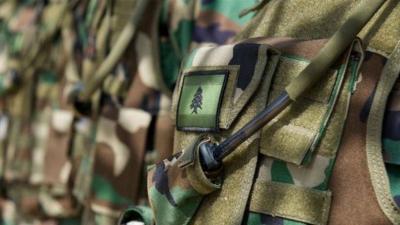The effects of the presidential vacancy are gradually becoming evident on the institutions and administrations of the state. In addition to the direct political repercussions, which are compounded by the current vacancy in the presidency given that the government is resigned and only managing limited affairs without a complete legal and constitutional framework, the implications for key positions in the state are no less serious than the general context resulting from the current political crisis.
It is common in Lebanon to opt for urgent necessities when faced with obligations that must be addressed in a spirit of finding solutions. Among these obligations is the vacancy in first-class positions, particularly military and security positions, which cannot afford to remain vacant due to the inability to appoint replacements as it does not fall within the narrow scope of a caretaker government. Therefore, exceptional measures are taken under the banner of "ensuring the continuity of public services" and based on the principle that "necessities permit the forbidden," awaiting the restoration of constitutional order in Lebanon’s institutions.
There has been much discussion about the vacancy in the military council presided over by Army Commander General Joseph Aoun, as three members of the council are being sequentially retired, which results in a lack of a legal quorum needed for meetings and decision-making. Moreover, there has been an abundance of interpretations and analyses regarding the lack of an exceptional step to extend the three members’ terms as permitted by law, which is an extension based on the proposal of the Army Commander and the approval of the Minister of National Defense. Those discussing this matter overlook that the leadership does not approach this issue with political motives; rather, the delay in making the appropriate decision stems from waiting on two matters:
First: The "Democratic Gathering" previously submitted in June, through MP Dr. Bilal Abdullah, two urgent draft laws. The first aims to amend Articles 56 and 57 of Legislative Decree No. 102 (National Defense Law) relating to the presumption of retirement for military personnel, extending their service for two years in all of their positions, with an automatic retirement occurring after this period, and the law's application to last three years only. The second seeks to amend Article 68 of Legislative Decree 112 (Public Employees System) to extend the retirement age or dismissal from service for all employees to sixty-eight years, adding four years. Therefore, it was necessary to wait for the actions of the Parliament because any premature stance on the Council's approval of the proposals would have been interpreted negatively.
Second: The wait extended to a critical deadline of the 15th of this month to ascertain whether the Parliament would approve the two proposals or one of them. When that did not happen, actions were taken according to the established methods and based on precedents in this area to prevent the disruption of the military council.
The necessary procedures are reported to have advanced towards extending the terms of the three military council members based on the Army Commander's proposal and the Minister of Defense's approval. The members to be extended are Chief of Staff Major General Amin al-Aram, the Inspector General at the Ministry of National Defense Major General Milad Ishaq, and the Director of Administration in the Army Major General Malik Shamss. Typically, the extension is for three months, renewable thrice, or for six months, renewable once, with the decision expected to be issued shortly.




